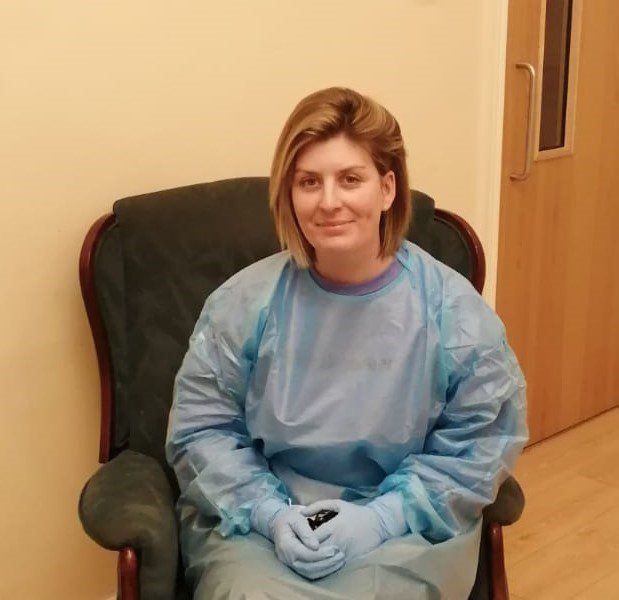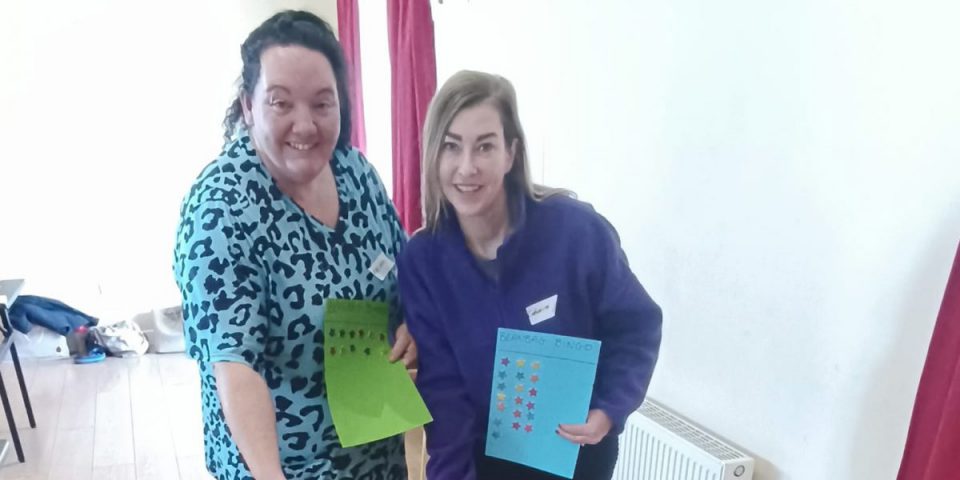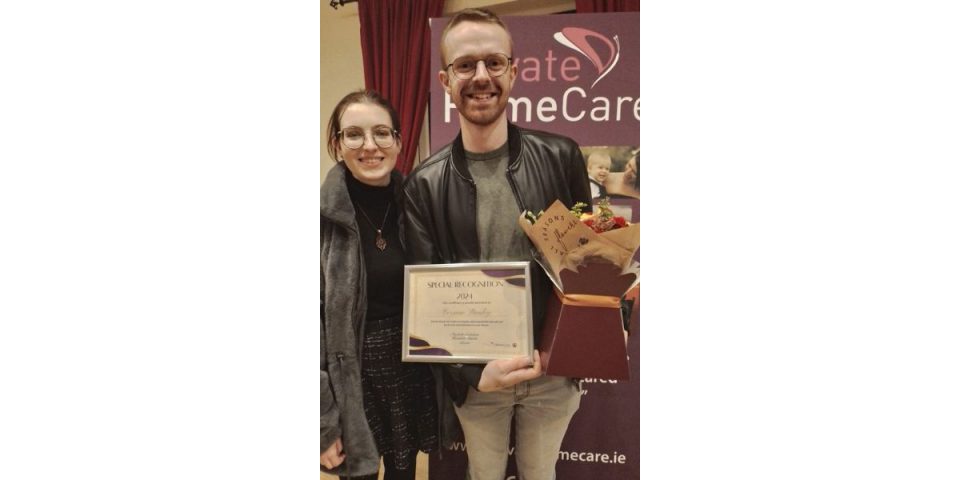
Meet our carer Tyson Mahmoud
June 21, 2021
Respect for the Aged Day
October 5, 2021Why Tricia Fay joined Private HomeCare


In 2011 I left Inchicore College with a Distinction from a course in Healthcare and Disability. My Dad had locked in syndrome for several years before he died, so that’s where my interest in healthcare stemmed from. After my course though, I went into Retail for several years. The environment got more pressurised with Covid. I began to lose confidence and wasn’t enjoying myself.
Then fate intervened. I follow Private HomeCare on Facebook and one of their posts said they were looking for carers urgently. I was interested, but had a slight panic as I didn’t have a CV. I clicked to reply and luckily, I only had to fill in a short form.
The next day, Patsy, the Recruitment Manager, called me and asked me was I available for an interview. And that is how I started working with Private HomeCare.
I haven’t looked back since. Compared to my previous role in retail selling clothes, caring so much more worthwhile. It sounds cheesy, but it’s very worthwhile.
My experience with my Dad doesn’t just give me empathy with my lovely clients, I have practical skills too. I know how to use catheter bags for example.
Apart from practical skills and empathy, client families seem to value me and the work I do. One of them told me today “Thank-you for what you do. It’s brilliant.” Another client I care for has dementia and I hear lovely things from her family too, like “when you are here, my Mam’s mood is instantly better!”
Caring involves so many ways of helping people at home.
In one home, I tidy up and do some cleaning. My client’s daughter told me “my Mam’s house is cleaner now. I used to spend my time there cleaning and not spending time with Mam. Now I can sit with her and have a cup of tea as the house is spotless”.
In another home, my client does not like loud noise in her ears, so I shampoo her hair over a sink, rather than in the shower. I blow dried her hair afterwards. Her family turned up with a hairdryer later and were so pleased to see their Mam looking lovely already!
It’s not just about being nice though. One of my clients always says she is not hungry. I know when I prepare some food, she will eat it all. It would be too easy to accept her answer at face value and leave her hungry. With conditions like dementia and forgetfulness, it’s important to care for the whole of the person.
People with dementia might tell you the same story repeatedly. When a client says to me “I have probably told you this before”, I tend to say “no you haven’t. Tell me now.” I can see the joy in their face as they tell their story.
When I applied to become a carer, my own family asked me would I be able to, as they were worried I might get upset when my clients are sick or even dying. But my Mam said I would be fine as I have empathy and that’s a good thing. She was right.
I love caring. I make a difference. My work is worthwhile.”


